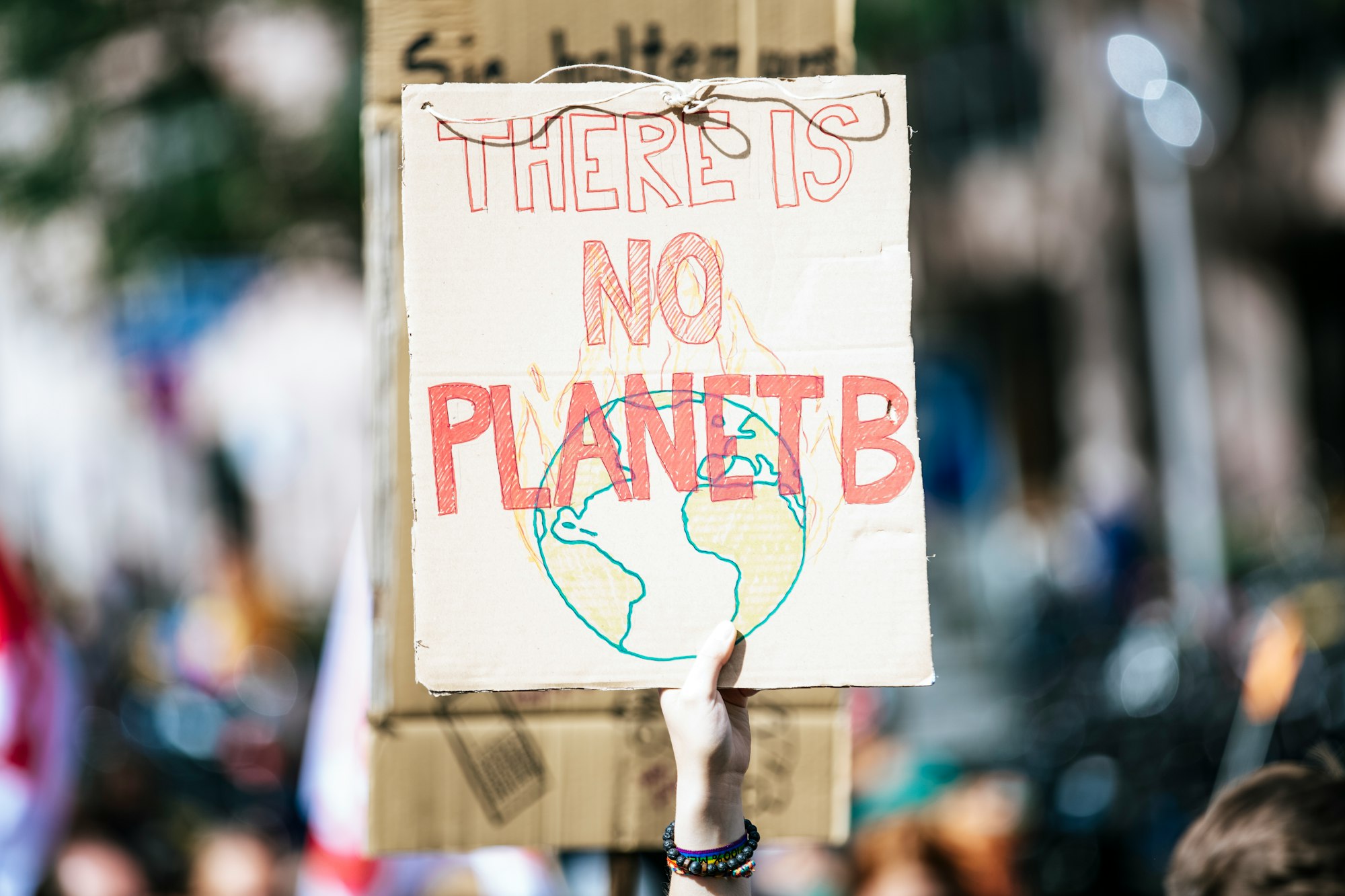Is your home vulnerable to climate change?

In the face of increasing erratic weather patterns and the escalating impact of climate change, house insurance has become more important, particularly in countries like the Philippines. Vulnerable to typhoons, floods, and other natural calamities, keeping homes safe through house insurance is not just prudent, it is a necessity. In the past, you can skip your house insurance but these days, it is becoming less optional.
The Philippines, situated in the typhoon belt and along the Pacific Ring of Fire, experiences a significant number of natural disasters annually. According to the Philippine Atmospheric, Geophysical and Astronomical Services Administration (PAGASA), the country faces an average of 20 typhoons each year, with most causing damage to properties, particularly houses. And the damages are not confined to small, wooden houses either. Because the archipelago is prone to flooding, landslides, and earthquakes, it poses threats to residential structures even in well-designed and developed subdivisions.
In the wake of climate change, house insurance has become a critical lifeline for homeowners. For one, it provides the finances for affected homeowners to rebuild their homes. Consider the case of fires, which is common during the summer time. Fires can be caused by overheated phone chargers innocently left on the socket, or the misuse of gas stoves, common activities that may cause havoc to your home.
How about typhoons, which can unleash powerful winds and torrential rains capable of destroying homes and causing extensive property damage? House insurance can help the homeowner raise the funds needed for repairs and reconstruction costs, enabling homeowners to rebuild their lives in the aftermath of such calamities.
The peace of mind a house insurance provides cover a wide range of perils, including fire, Acts of Nature like earthquakes and storms, theft, vandalism, and even civil disturbances. These benefits come in a comprehensive package usually provided by non-life insurance companies like Standard Insurance.
Statistics underscore the urgent need for house insurance too. According to the World Bank, natural disasters in the country have caused an average annual economic loss of USD 3.8 billion over the past decade, with housing and infrastructure bearing the brunt of the damage. The National Disaster Risk Reduction and Management Council (NDRRMC) reports that from 2010 to 2020, natural calamities affected over 40 million Filipinos and resulted in the destruction of thousands of houses.
These figures show the stark reality faced by homeowners and emphasize the need for adequate insurance coverage. Unfortunately, despite the clear benefits of house insurance, a significant portion of Filipino households remains underinsured or uninsured. According to a study conducted by the Insurance Commission, only about 10% of residential properties in the country are insured against natural disasters, leaving the vast majority vulnerable to financial ruin in the event of a catastrophe.
Several factors contribute to the low number of uninsured homes. Addressing these barriers requires a joint effort from both the government and the private sector. Public awareness campaigns to educate homeowners about the importance of house insurance and the available insurance options can bridge the knowledge gap. Simplifying insurance policies and simplifying the claims process can enhance accessibility and transparency, thereby encouraging more homeowners to invest in adequate coverage.
With the collaboration of insurers, policymakers, and disaster management agencies, developing and promoting proactive measures at the community level is possible. By incentivizing things such as retrofitting homes so they withstand natural disasters and by using early warning systems, stakeholders can reduce the vulnerability of residential properties and minimize the human and economic toll of calamities.
The escalating impact of climate change underscore the critical importance of house insurance in protecting houses and safeguarding livelihoods in the Philippines. As the frequency and intensity of natural disasters rise, investing in comprehensive house insurance coverage is not just a prudent financial decision but a step towards the long-term sustainability of communities.
